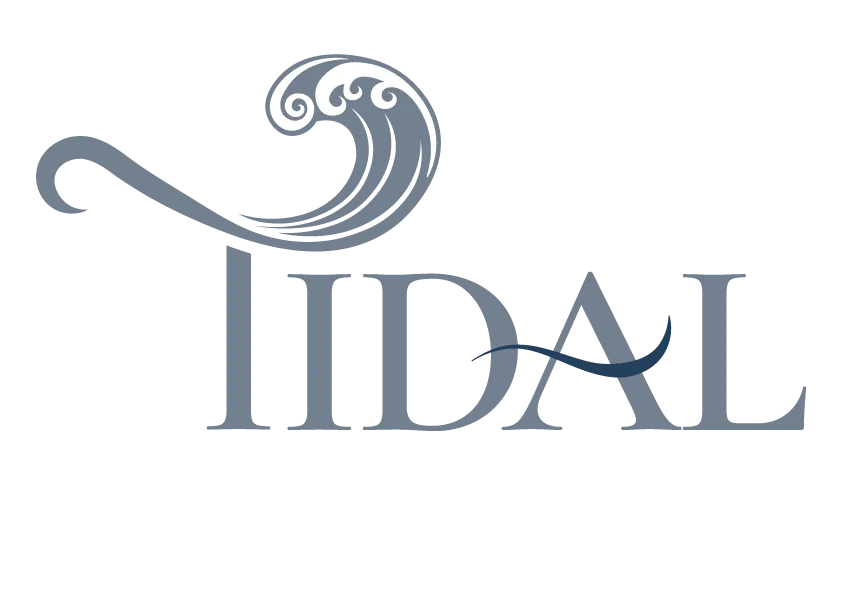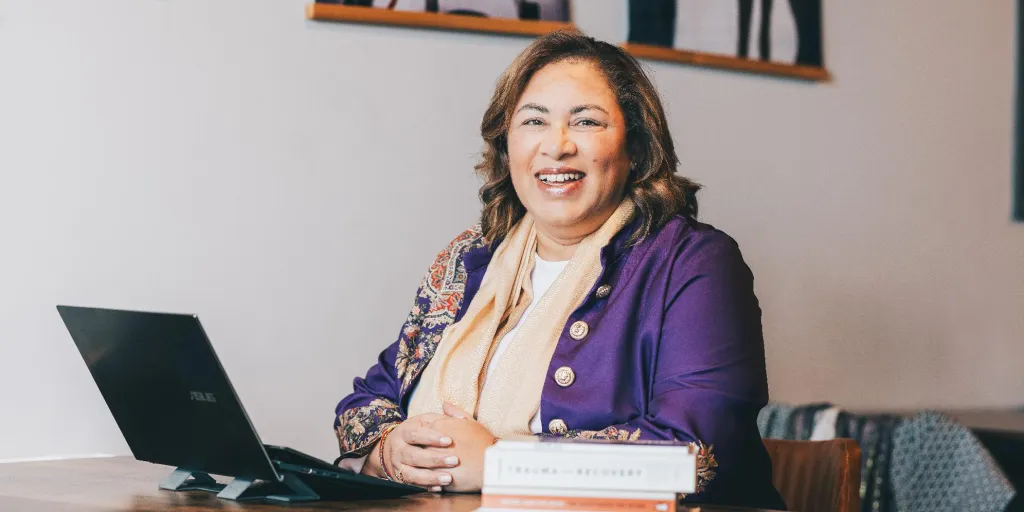Testimonials

Caron Sanders-Crook FCMI

Caron Sanders-Crook FCMI shares how studying for a CMI Level 7 Diploma deepened her approach to compassionate leadership – and why creating safe, human-centred workplaces is vital
As a health and social care leader, I’ve always been passionate about creating workplaces where people feel safe, valued and supported. Over the years, I’ve seen how complex and emotionally demanding our work can be, especially on the front line. That’s why leadership, for me, has to go beyond policies and performance targets. It has to acknowledge the impact of trauma, both personal and professional, and respond with real care and understanding.
That belief led me to pursue the CMI Level 7 Diploma in Strategic Management and Leadership Practice, with a focus on somatic trauma-informed coaching and leadership. Studying at master’s level with CMI has deepened my ability to lead with presence, compassion and strategic clarity.
Why trauma-informed leadership matters

Professionals in health, social care and front-line services often hold a lot – emotionally, mentally and sometimes physically. Whether it’s personal trauma, the emotional load of supporting others or systemic pressures, these experiences shape how we show up in our roles.
Read more: what a Level 7 apprenticeship taught NHS manager Debbie
Traditional leadership models often talk about resilience, but don’t always get to the root of what’s really needed: environments where people feel psychologically safe, understood and genuinely supported. A somatic trauma-informed approach shifts the focus. Instead of just managing stress, it’s about creating spaces where people feel empowered to do their best work, while staying connected to themselves and others.
The impact of the CMI qualification

Studying through CMI, in partnership with the School of Trauma Informed Positive Psychology, was a pivotal step in my leadership journey. It helped me refine how I lead, coach and support others, especially in high-stress environments.
"Trauma-informed leadership is one of the most powerful tools we have to create healthier, more human workplaces"
What stood out was how the course blended evidence-based research, real-world application and reflective practice. I came away with:
A deep understanding of somatic awareness – how our bodies hold stress, and how leaders can integrate body-based approaches to improve workplace wellbeing
The confidence to spot and reduce the impact of trauma in teams, so people feel seen, safe and valued at work
Strengthened coaching and mentoring skills grounded in trauma-informed principles, helping others move through challenges without burning out
A strategic leadership lens that aligns trauma-informed practice with bigger organisational goals – so it’s not just an initiative, but part of the culture
Bringing trauma-informed leadership to the forefront

As a Queen’s Nurse, a senior leader and a trauma-informed coach, this qualification has helped me deepen my impact, not just as a manager, but also as a mentor and an advocate for real, sustainable change.
Whether I’m supporting nurses, carers, social care teams or new leaders, my focus is on weaving trauma-informed values into the fabric of how organisations work. It’s not just about helping people cope, it’s about helping them thrive.
Read more: how NHS manager Sarah boosted her confidence with a CMDA
With the right approach, we can transform not only how teams feel but also how they perform. When people feel safe and supported, they can do incredible things, and that’s where true leadership begins.
A call to action for leaders
Trauma-informed leadership isn’t a passing trend, it’s a necessary evolution in how we care for others and ourselves. And it’s one of the most powerful tools we have to create healthier, more human workplaces.
If you’re in a leadership or management role and want to explore new, compassionate ways to lead, I can’t recommend the CMI journey enough. It gave me the tools, the insights and the connections I needed to lead with purpose and authenticity.
And if you’re already on this path: keep going. This kind of leadership isn’t always the easiest, but it’s the kind that lasts.
Contact us


Creating A Wave of Change Through Trauma Informed Development And Learning In The Workplace
Quick links
Services
©TIDAL. 2026. All Rights Reserved.